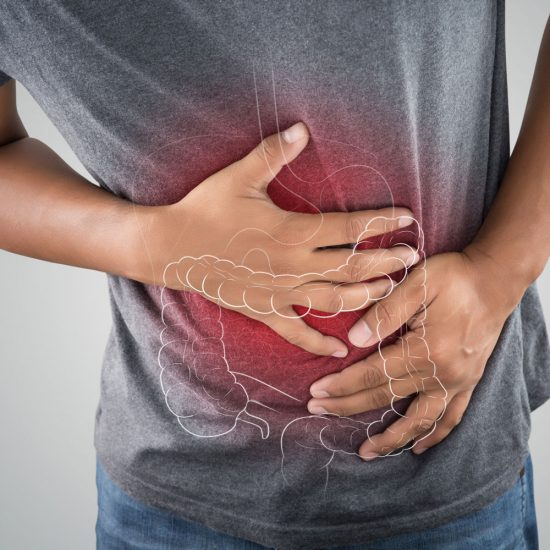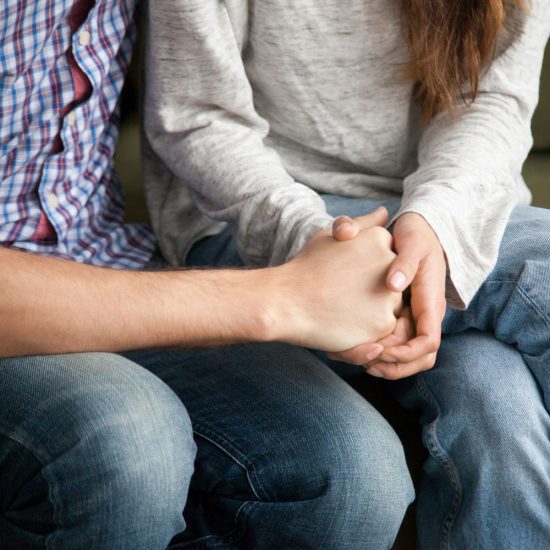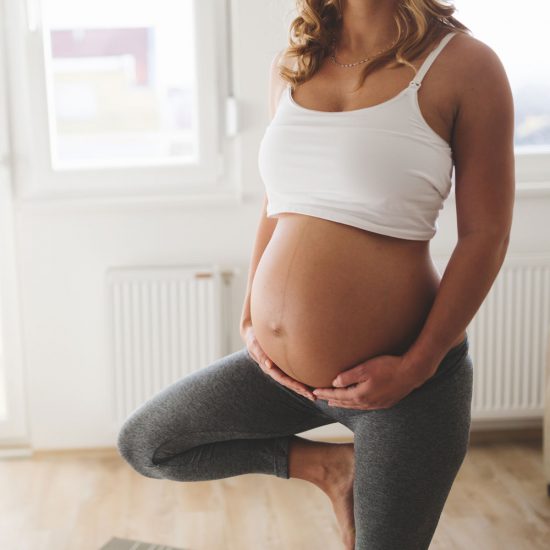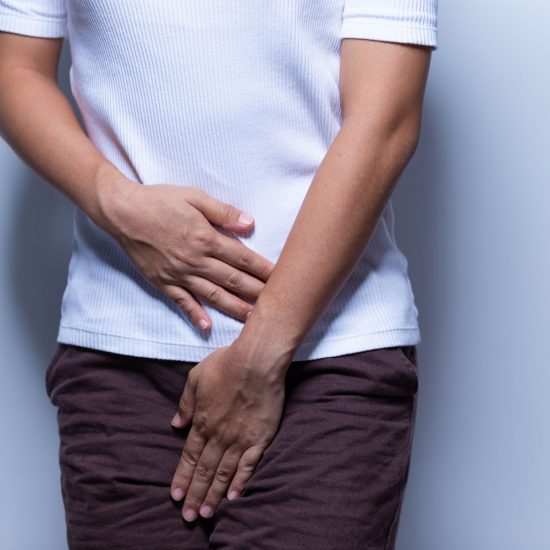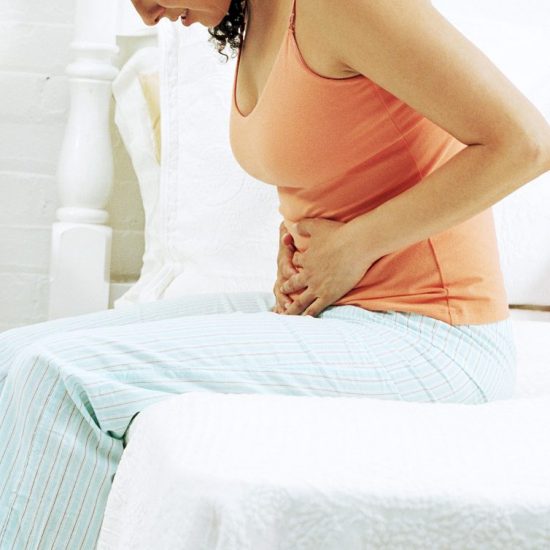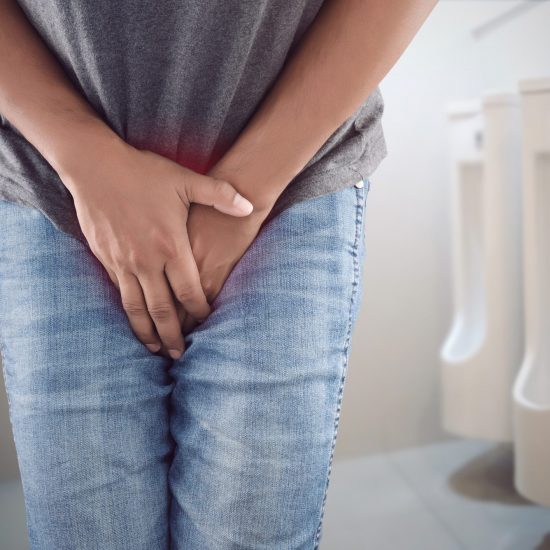
Women and Men with Pelvic Pain
- perineal
- vaginal and/or clitoral
- penile and/or scrotal
- rectal
- tailbone
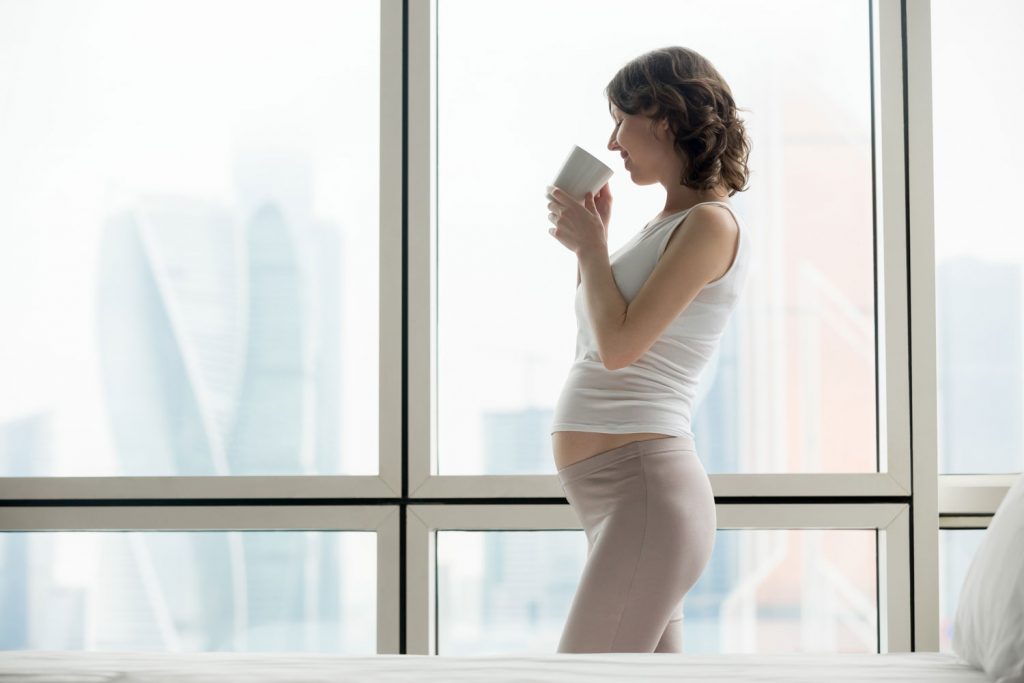
Pregnant Women
- back, hip, or pubic symphysis pain
- sciatica
- incontinence

Postpartum Women
- intercourse pain
- diastasis recti (abdominal muscle separation)
- incontinence (leaking of urine or feces)
- pelvic organ prolapse
- neck or back pain
- scar pain (C-section or episiotomy)

Senior Men
- incontinence (urine leaking) following prostatectomy
- post-void dribbling (leaking of urine just after voiding)
- overactive bladder or urgency
- urinary hesitancy and/or weak urine stream
- erectile dysfunction

Senior Women
- pelvic organ prolapse
- incontinence (leaking of urine or feces)
- overactive bladder or urgency
- intercourse pain

Get the help you need
Learn what it’s like to live life without interruptions.

